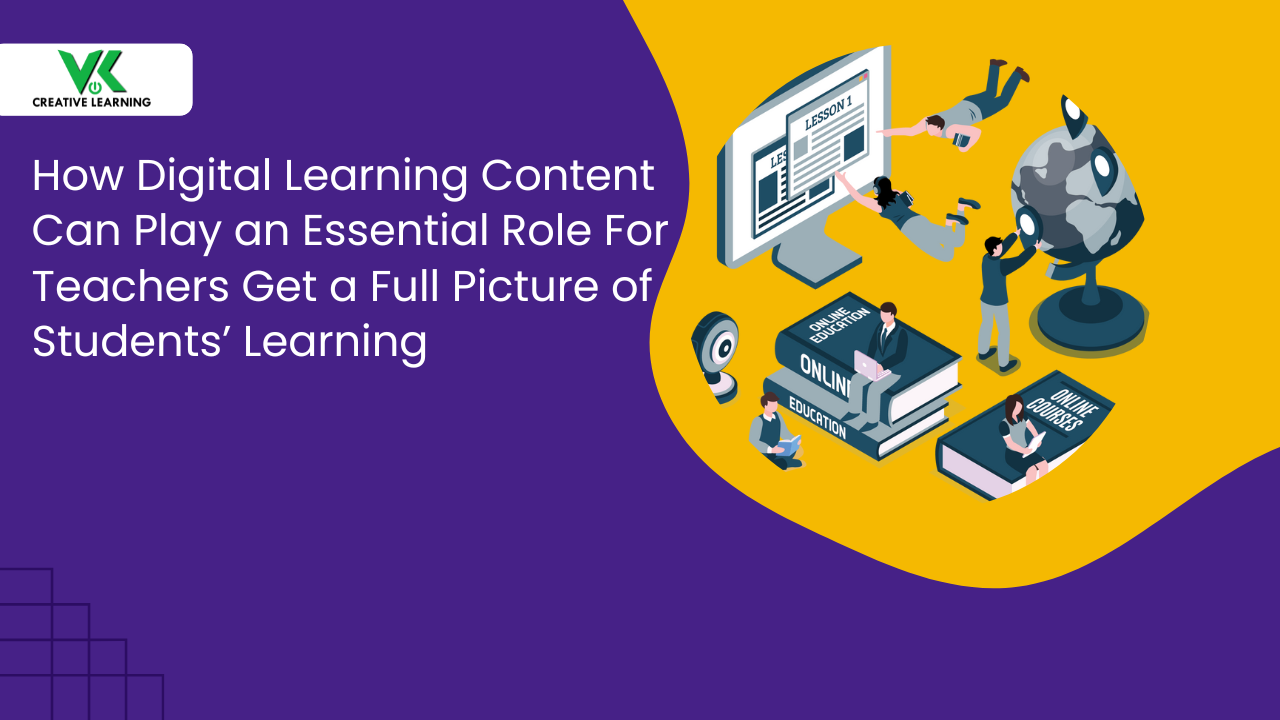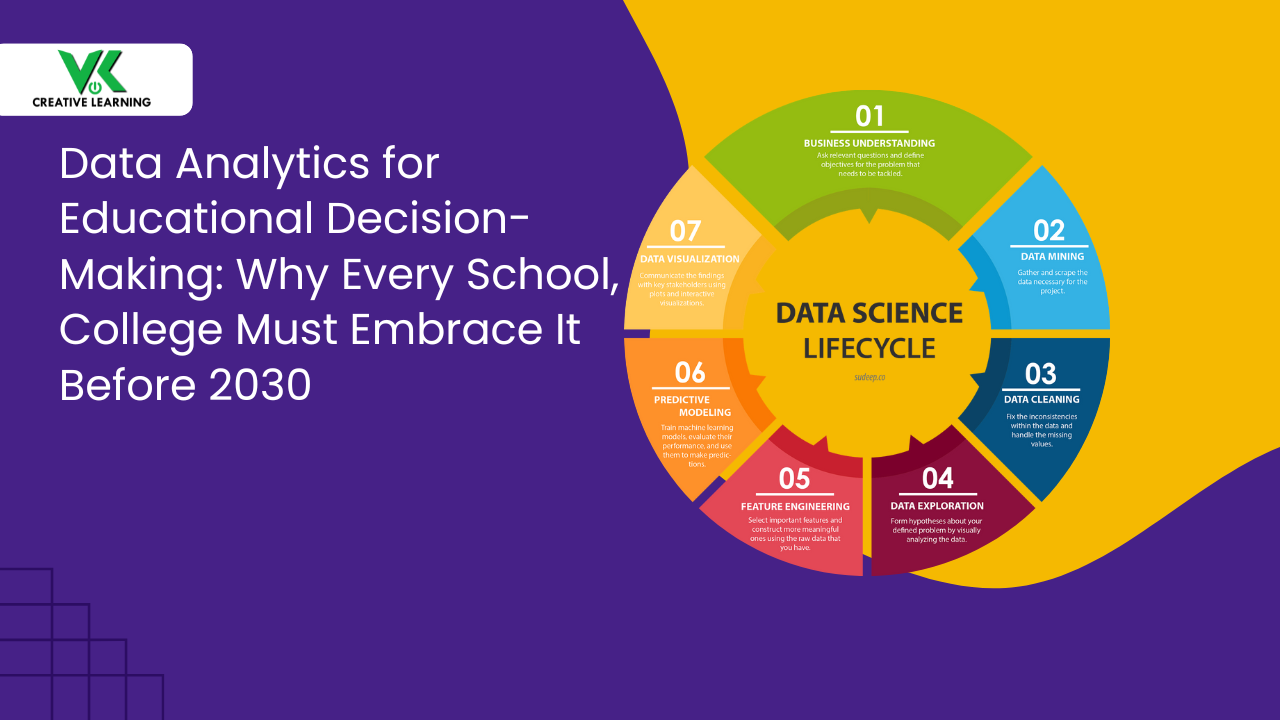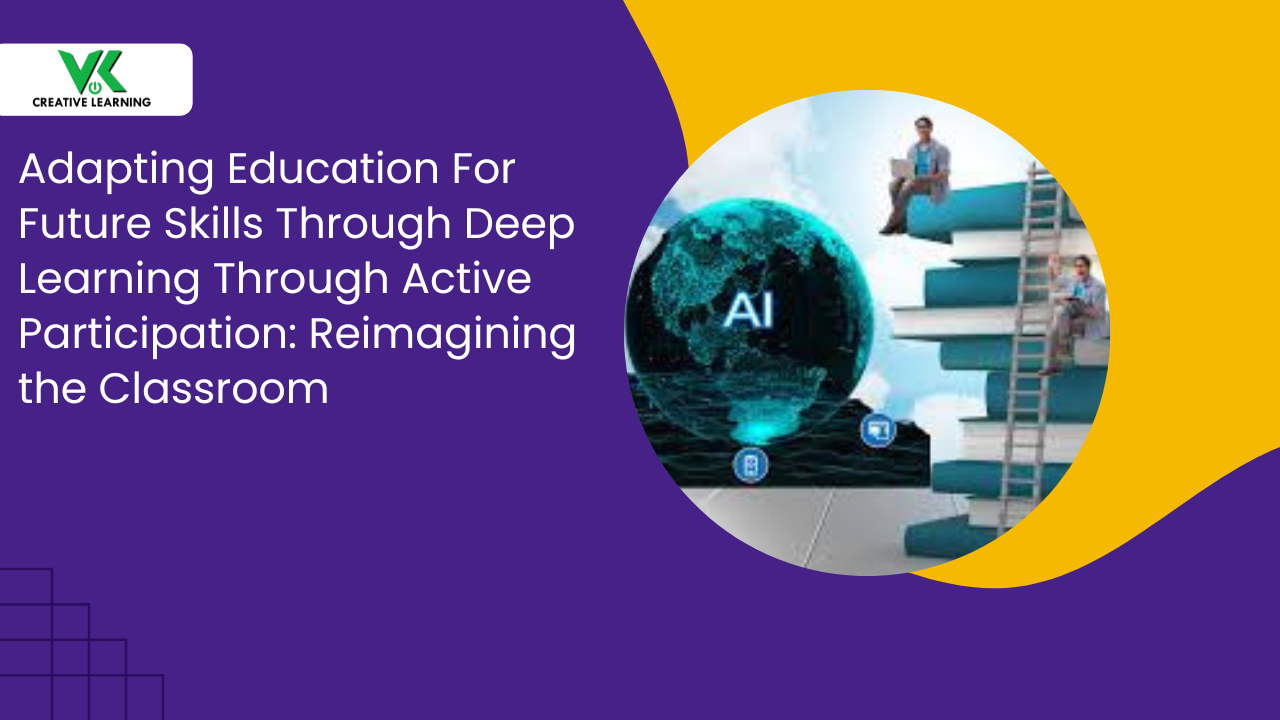Enterprise E-Learning: From Boring Modules to Tangible Business Benefits
June 10, 2025
Enterprise learning courseware has progressed beyond the usual course libraries. Moreover, modern solutions consist of interactive 2D and 3D animations, games, and simulations. This helps to, thereby, improve the learners’ level of knowledge and engagement.
Furthermore, learners can go through personalized pathways, developing the desired and relevant skills. Additionally, analytics dashboards in an e-learning platform provide real time insights of the employees' upskilling process.
This way, organizations can witness measurable learning benefits of employees and the company's progress. In addition, tailored modules present in e-learning courses can help the workforce to get acquainted with diverse job roles.
Importantly, bite-sized lessons (Micro-learning modules) can aid to reinforce key concepts to the learners without overwhelming them. Similarly, collaborative features in the platform lead to peer learning and sharing of knowledge among employees of different departments.
Likewise, integrated assessments can be used to validate how much mastery an individual has gained. This helps to ensure competency reliable upskilling process.
Ultimately, the strategic deployment of an e-learning portal yields tangible business results in the form of multiple benefits.
Simultaneously, cloud based platforms are utilized by enterprise learning solutions in order to scale up productivity. This happens as global teams get upskilled seamlessly.
Interestingly, there are also offline course access for learners from remote locations without any hassles.
Additionally, enterprise e-learning also involves training for multiple certification programs. Acquisition of certification can boost professional credibility in the workplace and confidence.
Consequently, training costs can get sliced owing to the e-learning benefits in business that enterprise solutions provide. With the e-learning portal, content management also becomes smooth and easy.
Overall, with the incorporation of enterprise learning, the learning curve is not steep and drives a firm's growth.
Equally, smart e learning portals have features and learning elements that assist learners to bridge their skill gaps swiftly.
Table of Contents
Defining Modern Enterprise E-Learning Solutions -- An Overview
Features of Enterprise E learning Solutions
- Brand and Goals Alignment
- Mobile E-learning
- Compliance
- Analytics Modules
- Suiting Learners
- Reach, Security
- API
- Collaboration
- Notifications
- AI-Powered Algorithms
- Recognition
- Feedback
Eight compelling reasons enterprise learning drives real results
- Accelerated Skill Development
- Data-Driven Decision Making
- Cost Optimization
- Consistent Compliance Training
- Personalized Learning Paths
Defining Modern Enterprise E-Learning Solutions -- An Overview
Crucially, enterprise e learning solutions help to centralize content libraries in an effective manner.
Moreover, the e-learning portal is programmed in such a way that it can support diverse media formats. This aids in a big way to retain content richness (pertaining to different topics and subjects).
And, furthermore, this ultimately supports quick learning, thanks to simulations and 3D self-explanatory content.
Additionally, the incorporation of a single sign-on feature enables users to access learning materials. This reach to learning material can be from any company branch.
Features of Enterprise E learning Solutions
Brand and Goals Alignment
Likewise, the virtual platform is customized to create branding, aligning with organizational culture and goals.
Mobile E-learning
Importantly, it also encompasses mobile course compatibility that aids learners to have on the go learning experiences. That is, irrespective of where they are, they can soak in content.
Compliance
Crucially, the platform sports SCORM and xAPI compliance features that help to track participants' interactions precisely. Thus, organizations can hold onto various compliance and skill standards defined for each firm's work process.
Analytics Modules
Analytics modules (predictive dashboards, learner heatmaps, course-tracking tools) are part of enterprise learning modules. This amplifies the visualization experience (course navigation trails, real-time learning charts, personalized dashboards). Thus, every data blip paints a fuller, more intuitive picture. Additionally, this aspect assists in gauging assessment outcomes (test accuracy scores, engagement drops, improvement zones).
Suiting Learners
Also, the e-content is created as per the requirements of the clients to train employees so the learning materials suit learners. Further, content tools in the virtual learning medium ensure highly engaging e-learning courseware.
Reach, Security
Likewise, multilingual support is included that broadens the reach of course materials across global workforces.
Additionally, robust security measures are included to shield intellectual property as well as learners' progress data.
Adequately, features such as role-based access regulate permission access. The algorithms of the e-learning portal also ensure content is relevant according to learners' needs.
API
API integrations in an enterprise learning solution connect the LMS with HR and performance systems. This works in tandem with each other and provide full information about the learners' upskilling growth.
Collaboration
Furthermore, collaborative workspaces are designed in such a way that group projects happen through discussions.
Notifications
Similarly, automated notifications are incorporated to remind participants in regards to the upcoming deadlines on a timely basis.
AI-Powered Algorithms
Remarkably, the embedding of AI powered algorithms can help to understand what kind of content learners prefer. Accordingly, the system can recommend personalized learning tips so that next time, content can be made accordingly.
Recognition
Additionally, the inclusion of social learning support for learners serves to exchange ideas. This also helps them to get peer recognition, and the appreciation motivates them.
Moreover, the feature of certification management provides upskilling details. It also eases off audit preparations as comprehensive data is present.
Feedback
Likewise, feedback from learners in the e-learning portal helps to capture learner input, which helps to refine content incrementally.
Consequently, continuous improvement cycles done on a periodic basis lifts up the training quality in the long term.
Eight compelling reasons enterprise learning drives real results
Accelerated Skill Development
Real?world scenarios based on concepts uplift learning speed considerably. Importantly, situation?based lessons help employees to absorb complex information fast. Moreover, the incorporation of interactive simulations enables the safe practice of critical skills.
Consequently, learners can master complex workflows with increased speed. Additionally, the course comprises chunk?sized modules (microlearning) to avoid any kind of knowledge flooding. Also, it enhances the retention of concepts significantly.
Gamified elements in e-learning portals assist to keep up learner motivation. Moreover, point?based challenges in virtual games stimulate healthy competition among team members. Furthermore, badges and certificates help to recognize progress and reinforce positive behaviors.
Data-Driven Decision Making
Analytics dashboards help to plan strategic workforce training for different departments.
Significantly, real time reports after analysis provide detailed information about the skill gaps of learners.
Consequently, trend analyses aid in pinpointing areas of improvement in enterprise learning courses that will enhance the knowledge gain of learners.
Furthermore, predictive insights forecast future training, and ROI calculations justify budget allocations quantitatively.
Consequently, leaders can optimize courses in the e-learning portal to suit learners.
Cost Optimization
With customized e-learning, it becomes possible to provide growth-ready models. Also, this can be achieved with a reduction in per learner expenses.
Importantly, the incorporation of multiple features in e-learning uses cloud-based hosting and eliminates infrastructure overheads.
Moreover, the enterprise learning portal is designed in such a way that content modules can be reused. This measure allows to modify content as when needed and lowers development costs significantly.
Additionally, since automated workflows are part of virtual courses, they minimize administrative burdens drastically.
Similarly, shared resource libraries prevent duplicate content creation wastefully.
Ultimately, all these aspects of e-learning benefit businesses and aid to redirect savings toward strategic growth initiatives.
Consistent Compliance Training
Standardized course incorporation in e-learning courses helps regulatory adherence across regions.
Furthermore, mandatory modules, when deployed universally through e-learning portals, can lower compliance risks.
Additionally, audit-ready tracking systems (learner progress logs, legal inspection snapshots) aid to understand learners' knowledge. This way, learners can upskill themselves where they lack knowledge.
Moreover, automated reminders in the virtual learning platform can uphold certification renewals on a regular basis.
Similarly, content is localized (regional law modules, native language formats) as per the regional regulations. This plays a big role in avoiding fragmented (multi-region-disjointed) knowledge while learning.
By learning compliance strategies (data privacy protocols, risk audits, ethical boundaries), they can aid businesses to protect their reputations.
Personalized Learning Paths
AI recommendations (skill-gap identification, career-aligned content) can assist to tailor content as per individual needs.
Significantly, skill assessments (proficiency prediction tests, role-based skill analysis) can provide next-best suggestions to make learning easy.
Moreover, adaptive learning engines can adjust difficulty based on the performance of learners.
Additionally, elective modules (interest-based modules) allow learners to pursue curiosity-led and growth-motivated exploration.
Ultimately, personalized journeys woven through personal learners' interests increase the learner satisfaction level.
Conclusion
VK Creative Learning can design learner-specific enterprise learning solutions for firms. This will help learners to upskill on a regular basis and move up the corporate ladder.
Consequently, organizations achieve measurable e?learning benefits in business swiftly.



